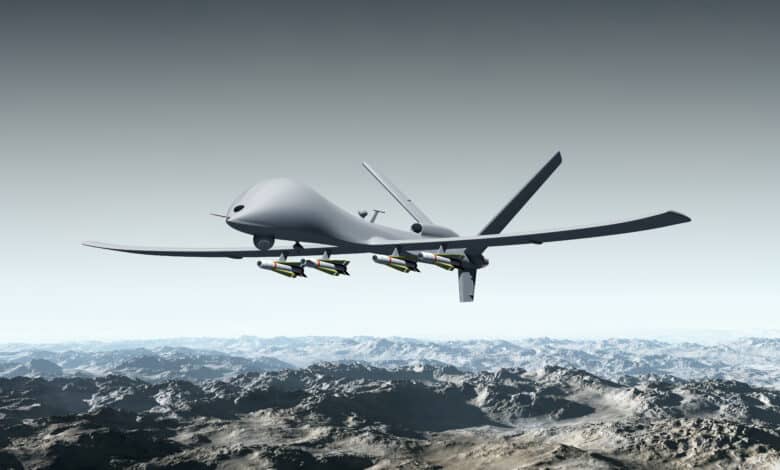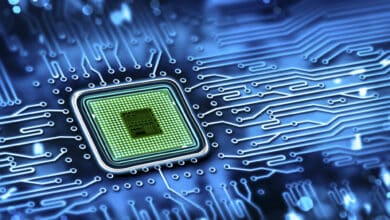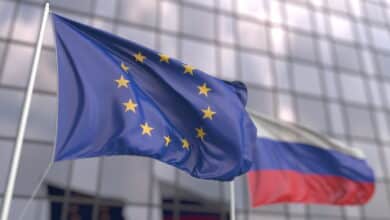
Researchers at the Royal United Service Institute think tank have discovered numerous components originating from the West in Russian weapons systems. This is likely to cause political upheaval – after all, strict sanctions are in place against Russia to prevent such components from entering the country.
Chips top the list
At the top of the list of Western components in Russian weapons technology are chips made by the likes of Texas Instruments, AMD, Infineon and Intel. The use of these components, which are central to numerous systems, should actually be prevented by special export bans. Among the components found, some also come from Germany. In addition to chips from Infineon, there are components from EPCOS and the model-making company Aero Naut. The example of the latter company highlights the problems the EU faces in regulating exports: Aero Naut produces kits for model airplanes whose components have now been found in Russian combat drones. Aero Naut did not intend them for such use.
The EU wants to counter such problems with its Dual-Use Regulation. This regulates the handling of products that can be used for both military and non-military purposes. This regulation explicitly designates Russia as a regulated target country. Exports of dual-use technology to Russia cannot therefore take place without obstacles. However, this in no way means that exports are made impossible. If products are produced by subsidiaries in other EU countries, for example, the regulation does not apply. In addition, buyers from third countries may be able to resell the products they have purchased to Russia in an uncontrolled manner. Infineon also points out this problem to heise.de, saying that it is “difficult to control subsequent sales over the entire lifetime of a product.”
Infineon sees no wrongdoing
Infineon has been notable in this regard: Since the end of February, nearly 3,000 shipments associated with the company have gone to Russia. Some of these are said to be shipments that were already on their way before the war began; some, however, Infineon is said to have continued to deliver after the war and sanctions began. According to media reports, the company is currently conducting internal investigations. Nevertheless, Infineon does not see any fundamental deficiencies in its own sales practices: the company had “taken all measures available to us to ensure compliance with the sanctions – not only in terms of the wording, but also in terms of the meaning. This led to a halt in deliveries for us from the very beginning and thus to an over-fulfillment of the sanctions.”
TDK Technologies, the company to which EPCOS belongs, says it has not previously been aware of the use of its own products in weapons technology. In this regard, the company pointed out that it had not only stopped deliveries to Russia, but also contractually excluded the use of its own products for military purposes as a matter of principle. However, it was possible that non-authorized distributors circumvented these regulations, over which TDK Technologies had no influence, it said.
Supply section called for
The Royal United Service Institute researchers pointed out that Russia’s military power is centrally dependent on supplies from the United Kingdom, the Netherlands, Germany, Switzerland, France, Taiwan, South Korea and Japan. The key question they see arising from their report is how to cap these supply chains – and the extent to which Russia will be able to compensate for any such capping. The Russian semiconductor industry itself is unlikely to be powerful enough to do so.
Maik Außendorf, the digital policy spokesman for the Green Party’s parliamentary group in the Bundestag, also points in this direction: “The findings of Western technology in Russian weapons systems impressively show that Russian weapons manufacturers are significantly dependent on Western components and electronics.” Außendorf also made clear that he believes consistent application of sanctions, elimination of loopholes, and prosecution of allegations of circumvention are important. In this context, he also drew attention to the fact that not having resolutely restricted Russia’s access to such technology as early as after the invasion of Crimea was a mistake.




No replies yet
Neue Antworten laden...
Gehört zum Inventar
Beteilige dich an der Diskussion in der Basic Tutorials Community →